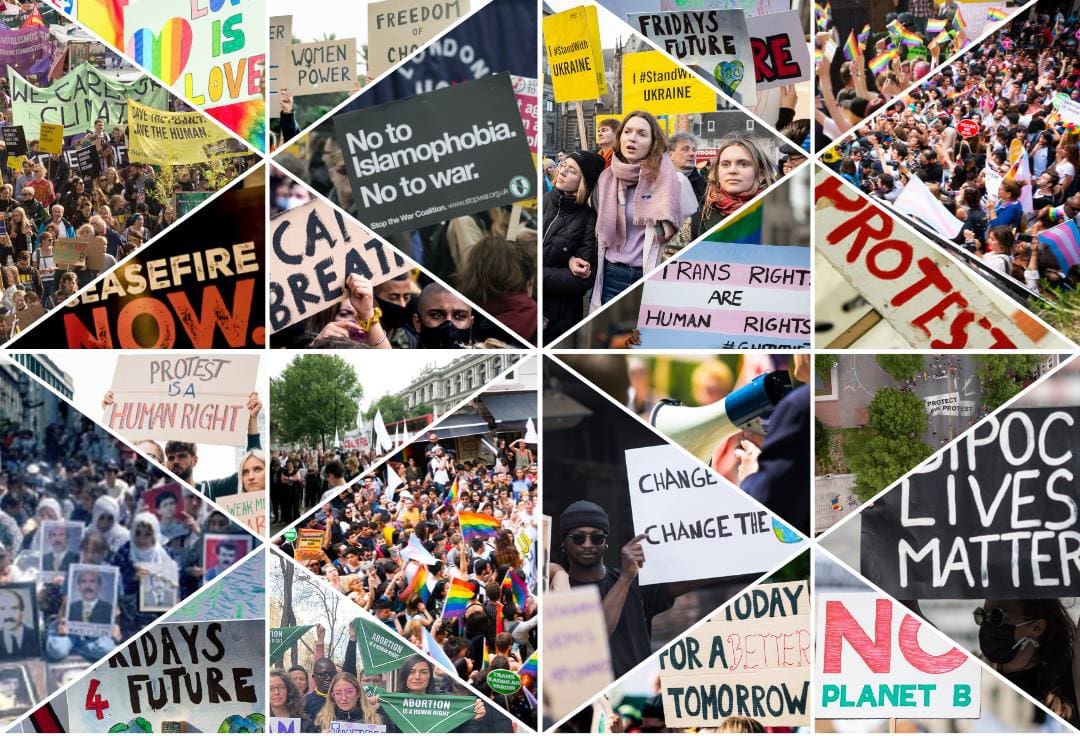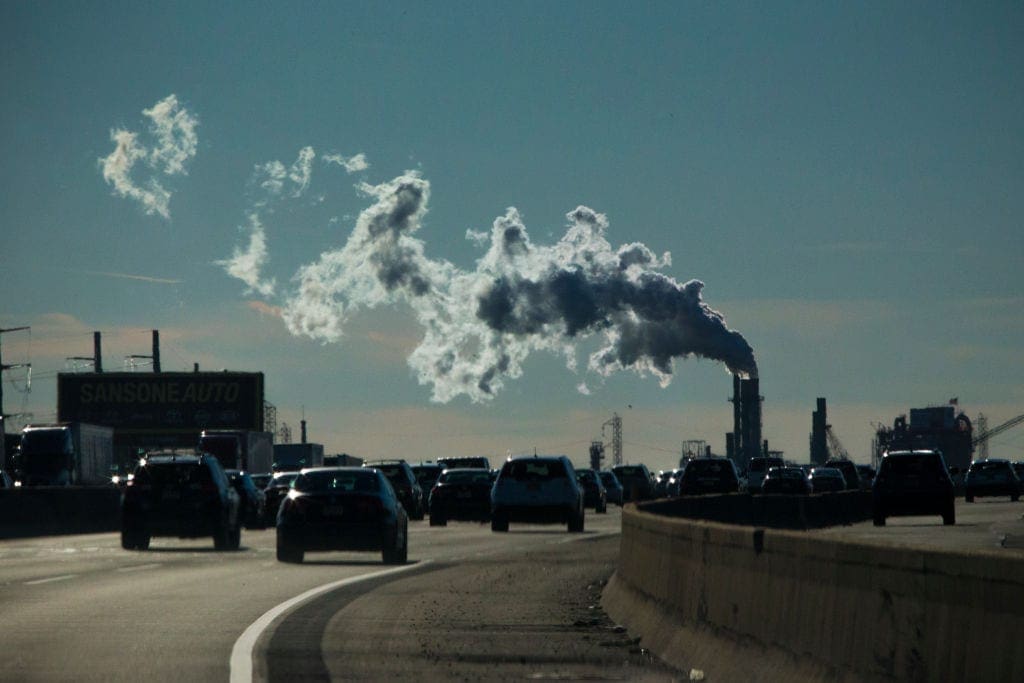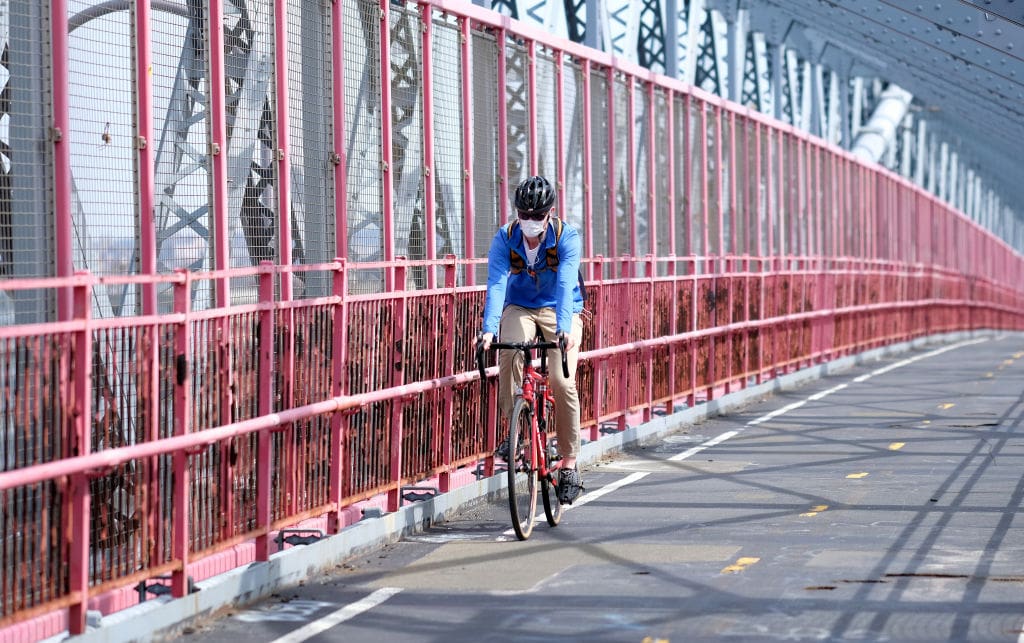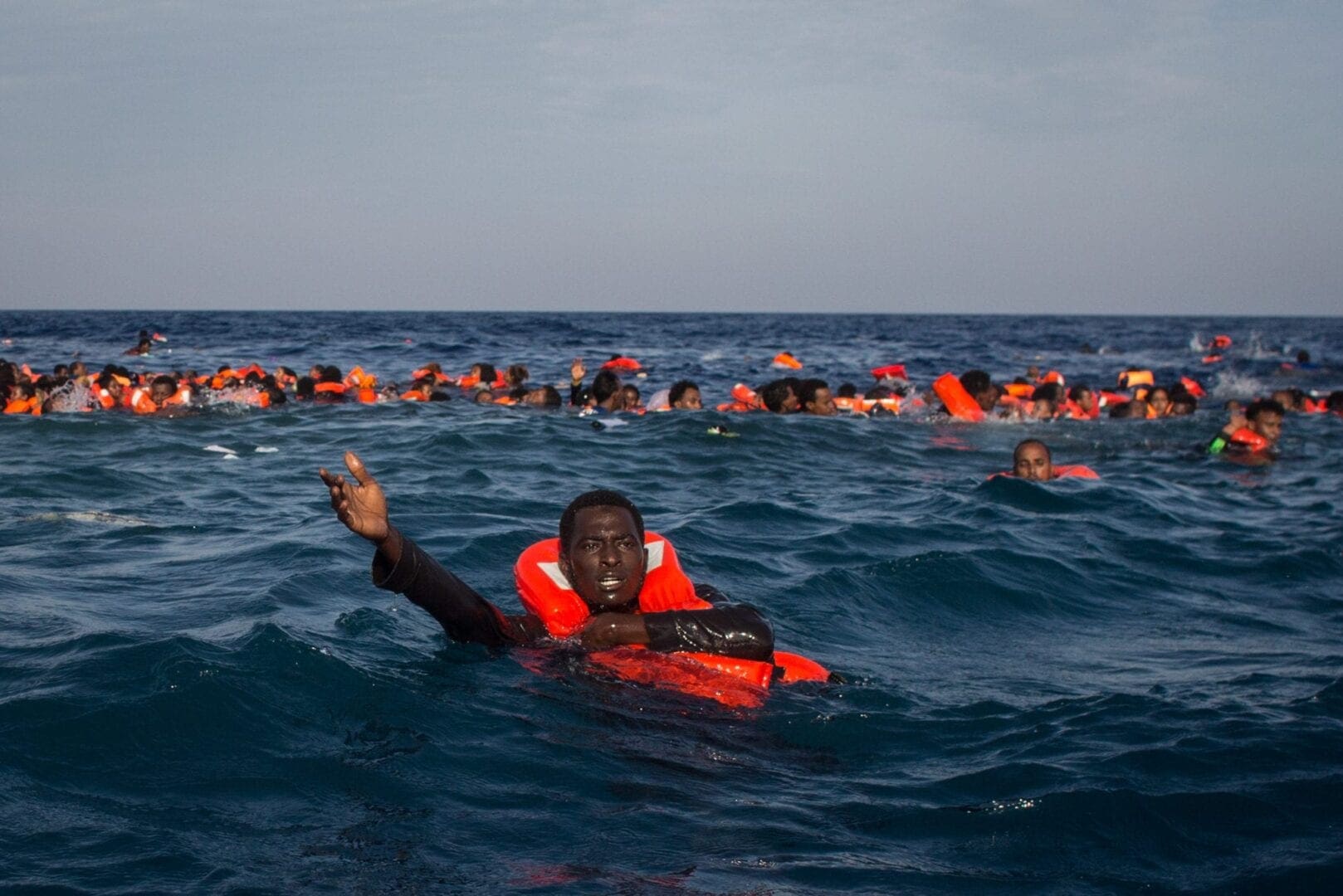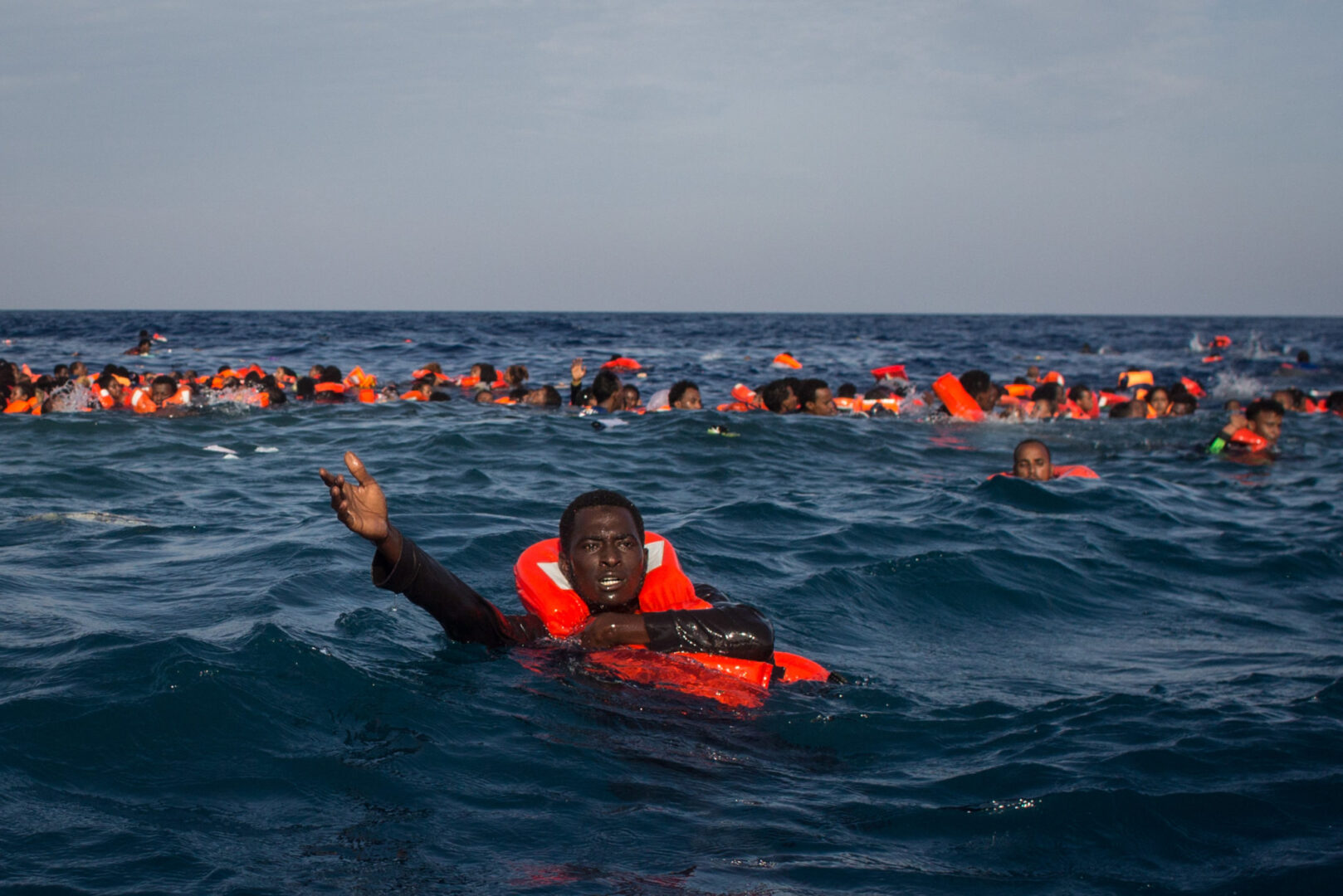The following information is based on the Amnesty International Report 2021/22. This report documented the human rights situation in 149 countries in 2021, as well as providing global and regional analysis. It presents Amnesty International’s concerns and calls for action to governments and others.
ITALY 2021
Employers silenced health and care workers who raised concerns about working conditions in care homes during the Covid-19 pandemic. Older people in care homes were denied meaningful contact with the outside world. Violence against women persisted and obstacles to accessing abortion were not addressed. Parliament failed to extend protection against hate crimes to people attacked because of their gender, gender identity or sexual orientation. Migrants with an irregular status remained vulnerable to exploitation and abuses. Cooperation with Libya on migration continued, despite abuses. The authorities continued to criminalize solidarity with refugees and migrants at borders. Torture remained a concern.Background
In July, the government extended the state of emergency to combat the Covid-19 pandemic until the end of the year. In September, it also made it obligatory to have a “Covid-19 green pass” showing proof of vaccination, recovery from Covid-19 or a negative test result in order to access public and private workplaces. The measure sparked demonstrations in some cities. In Rome, protests turned violent when hundreds of people led by the leaders of a far-right party ransacked the national headquarters of the main left-wing trade union.Workers’ rights
Health and care workers who raised concerns about poor and unsafe working conditions in care homes during the Covid-19 pandemic were subjected to unfair disciplinary proceedings and feared reprisals from their employers. Instead of addressing their concerns over the use of PPE and the true number of Covid-19 cases in care homes, employers used unfair dismissals and anti-union measures to silence them.1 In May, an employment tribunal in Milan ruled as unfair the dismissal of an outsourced worker who had reported health and safety violations in March 2020 in a private care home. The court acknowledged his revelations were of public interest to prevent deaths.Right to health
The rights of care homes’ older residents to a private and family life continued to be violated, with prolonged isolation causing a deterioration in residents’ physical and mental health. Although visits by family members holding a Covid-19 certificate were allowed to resume in May, and the so-called “green pass” legislation in September recognized the right to daily visits, many private and public care homes continued to deny older people meaningful contacts with the outside world. A commission of inquiry on the authorities’ response to Covid-19 in care homes had not been established by the end of the year.Violence against women and girls
Levels of violence against women remained high. A total of 102 women were killed in domestic violence incidents, 70 of whom by partners or ex-partners. In December, the government approved a bill to strengthen measures to prevent violence against women and domestic violence. These included access to early provisional compensation during criminal investigations for victims who report the abuse and broader powers for the authorities to adopt surveillance and coercive measures against perpetrators.Sexual and reproductive rights
Access to abortion continued to be obstructed due to a persistently high number of doctors and other healthcare providers refusing to provide abortion care.LGBTI people’s rights
In October, the Senate blocked a bill aimed at combatting discrimination and violence based on sex/gender, sexual orientation, gender identity and disability. The bill would have extended to LGBTI people, women and people with disabilities the same protections available to victims of hate speech and hate crimes based on racist, religious, ethnic and nationalist motives.Refugees’ and migrants’ rights
By the end of the year, it was estimated that at least 300,000 migrants remained without documentation, making it hard for them to enjoy their rights and leaving them vulnerable to abuses. The regularization measure launched in 2020, aimed at ensuring people with irregular status could obtain residence and work permits and access health services during the pandemic, achieved limited results; according to the latest data available at the end of the year. As of August about 60,000 people had obtained some documentation, about a quarter of the 230,000 who applied, while tens of thousands of applications remained pending. In May, a grassroots trade union called a national strike of migrant agricultural workers to protest about the inadequacy of the regularization measure. Many people with an irregular status remained unvaccinated, despite some authorities’ measures to reach out to them. In September, the government announced a plan to vaccinate, voluntarily, refugees and migrants on arrival in hotspots and reception centres. Thousands of migrants continued to work in exploitative conditions and to live in inadequate conditions in informal settlements. They were also vulnerable to racist and xenophobic attacks. In April, three African workers driving near their homes in Rignano, Foggia, were shot at by people in another car. Two of them were injured, one seriously. The authorities opened an investigation. In October, following a visit, the UN Working Group on Business and Human Rights noted that migrant workers employed in agriculture and the garment and logistics industries were trapped in a cycle of exploitation, debt bondage and human rights abuses. In January, the Rome Civil Tribunal declared illegitimate the expulsion of a Pakistani national to Slovenia and later to Croatia and Bosnia and Herzegovina. The judge found the practice of so-called “informal readmissions”, carried out on the basis of a bilateral agreement with Slovenia, to be in breach of national and international human rights law. Following the seizure of power by the Taliban in Afghanistan, Italy evacuated 4,890 Afghan nationals. In April, the National Guarantor for the Rights of Persons Detained or Deprived of Liberty published a damning report on his visits to 10 centres for repatriation between 2019 and 2020. The Guarantor criticized legislative and regulatory gaps hindering the protection of people and the gravely inadequate detention conditions. In May, Moussa Balde from Guinea killed himself while detained in the repatriation centre of Turin – the sixth death in such centres since June 2019. The authorities prioritized his expulsion procedure over his health, notwithstanding the fact that he had just survived a violent attack by three Italian nationals. The isolation ward where he was held was closed in September on the recommendation of the Guarantor.Cooperation with Libya
By the end of the year, 32,425 refugees and migrants had been captured at sea by Libyan coastguards, supported by Italy and the EU, and returned to Libya, by far the highest figure on record. Italy continued to support the Libyan authorities in containing refugees and migrants in Libya, despite widespread evidence of continuing abuses against them. Italy’s evacuation programmes from Libya continued to benefit very few asylum seekers, with 45 people transferred to Italy in June and 93 in November. The deployment of Italian military and civilian personnel in Libya to assist Libyan border control authorities was extended for another year in July. The Italian authorities continued to provide Libya with resources instrumental to maritime interceptions, including a new maritime coordination centre delivered in December. Despite this, by the end of the year, 67,477 people (including 9,699 unaccompanied children) had reached Italy by sea, mostly from Libya and Tunisia, an increase over the 34,154 arrivals in 2020. Deaths at sea of refugees and migrants in the Mediterranean also increased, reaching 1,553 by the end of the year, compared with 999 in 2020. In October, a court in Naples sentenced the captain of the Asso Ventotto, a merchant ship, to one year’s imprisonment. In 2018, he had rescued over 100 people, including children, and unlawfully returned them to the Libyan coastguard. In December, the Cassation Court overturned the conviction of two African men who had protested against an attempt by the crew of the Vos Thalassa, the merchant vessel that had rescued them, to return them to Libya. The court ruled that their behaviour was justified by the need to protect themselves and the other 65 people rescued.Criminalization of solidarity
The authorities continued to suppress the activities of individuals and organizations that assist refugees and migrants at borders, using both criminal law and administrative measures. In September, Mimmo Lucano, former mayor of Riace, Calabria, was sentenced by the Locri tribunal to 13 years and two months’ imprisonment for maladministration and embezzlement, notwithstanding prosecutors acknowledging he did not profit from his conduct. For many years, he had organized a welcoming reception system for refugees, asylum seekers and migrants. The sentence was nearly double that requested by the prosecutors. Court cases against rescue NGOs continued in Sicily. Prosecutors indicted 21 people belonging to the crews of Iuventa and of Médecins Sans Frontières and Save the Children’s ships for “facilitation of irregular migration” in connection with rescue operations conducted in 2016 and 2017.2 The authorities continued to use Port State Control powers to hinder rescue NGOs’ activities and seize their ships.Torture and other ill-treatment
Concerns about torture and other ill-treatment of people in prison and police custody persisted and several judicial proceedings against suspected perpetrators were ongoing. In September, prosecutors laid charges of torture and other ill-treatment against 120 prison officers and senior prison administration officials for a mass beating in the prison of Santa Maria Capua Vetere, Campania, in April 2020, which affected 177 detainees and led to the death of one of them.Relevant Links
- Italy: Muzzled and Unheard in the Pandemic: Urgent Need to Address Concerns of Care and Health Workers in Italy (Index: EUR 30/4875/2021), 22 October
- Italy: A Slippery Slope for Human Rights: The Iuventa Case (Index: EUR 30/4475/2021), 4 August
- For more information visit the Amnesty.org country page

